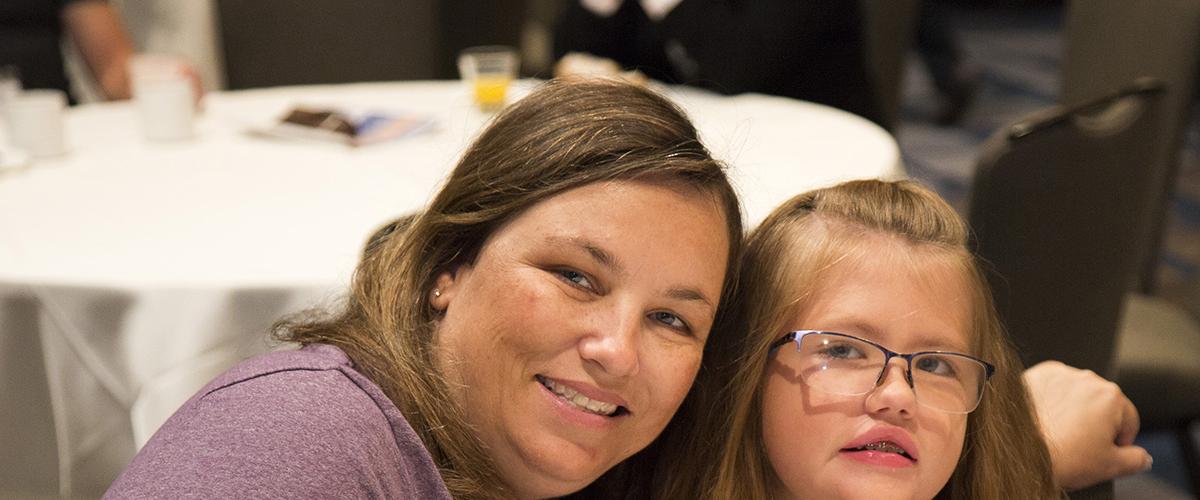Patterns:
-
Significant breathing problems that can result from muscle weakness of the diaphragm, abdominal and intercostal muscles and myotonia of these muscles.
-
Poor ventilatory force, low blood oxygen and elevated blood carbon dioxide levels.
Symptoms:
-
Fatigue, excessive daytime sleepiness (EDS) and respiratory failure.
-
Insufficient air flow during sleep may contribute to disrupted sleep.
-
Weakness of the swallowing and breathing muscles.
-
Aspiration of food and drink, saliva, nasal secretions and stomach fluids.
-
General anesthesia and intravenous pain medications, especially opiates, can cause respiratory failure.
-
Ineffective cough.
-
Recurrent pulmonary infections.
-
Frequent chest infections.
-
Morning headaches, apnea, fatigue and snoring.
Diagnosis:
-
Discuss the following tests with your doctor:
-
Sleep study
-
Respiratory tests
-
Clearance capacity
-
Treatment:
-
Careful perioperative management.
-
Vaccinations for influenza and pneumonia if no contraindications.
-
Respiratory cough assistance and mechanical ventilation (as needed).
-
Consultations from respiratory therapy and pulmonary medicine groups as needed.
-
Airway clearance and lung volume recruitment techniques (e.g., breath stacking, abdominal thrust, the vest).
-
Nighttime ventilatory support and full-time ventilation.
-
Supplemental oxygen.
-
Emergency medical alert devices.

